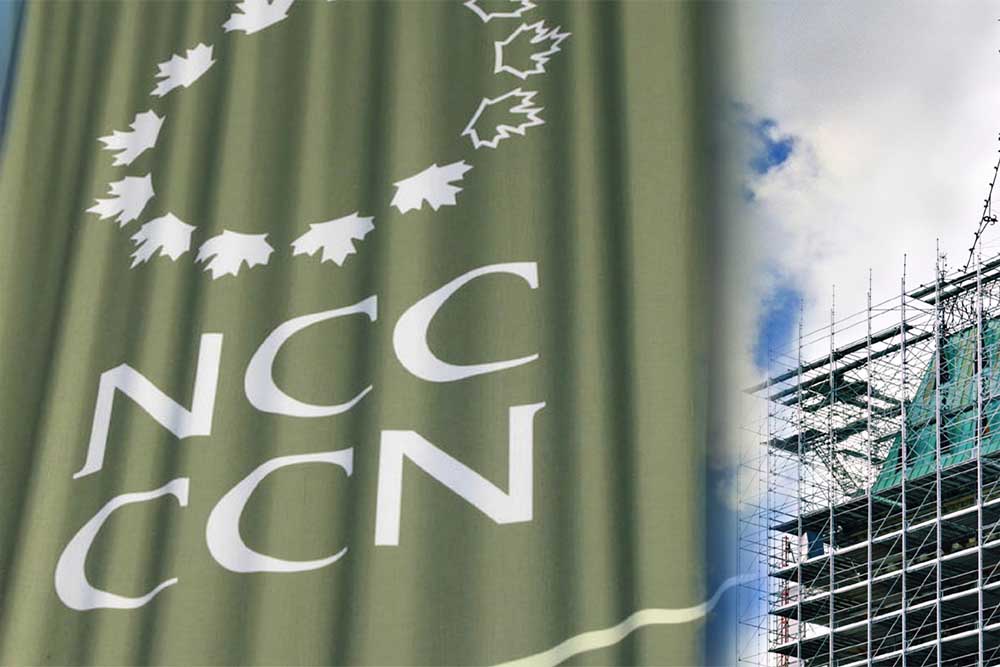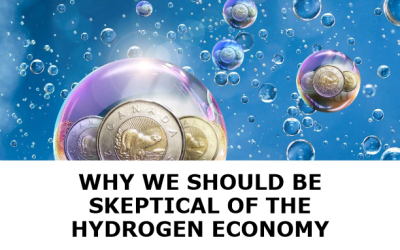The National Capital Commission (NCC) is a Crown corporation owned by the Canadian government. The NCC owns and manages over 10 percent of the lands in the National Capital Region. Moreover, the corporation owns and manages several properties, including Canada’s six official residences: Rideau Hall, 24 Sussex Drive and Harrington Lake (the homes of the prime minister), Stornoway, The Farm, and 7 Rideau Gate. These six properties hold historic and symbolic significance. They play an important role in enabling the leadership of Canada’s Federal Government, Parliament, Official Opposition, Constitutional Monarchy, and international relations. The NCC’s mandate is to ensure these properties are maintained and improved overtime.
The NCC has been subject to criticism over its risk management practices, and the amount of money it will cost taxpayers to renovate the nation’s official residences. A report by the Auditor General of Canada found that while the Crown corporation “had good corporate management practices for governance, strategic planning, and performance measurement and reporting,” it did not fare well when it came to risk management practices. The report stated that the NCC has a “significant deficiency” in asset management. This has implications for the future of Canada’s national treasures — the six official residences. This backgrounder provides a historical overview of the NCC, the current issues surrounding the Crown corporation, and some quick statistics.
View the VIEW FULL BACKGROUNDER HERE
Lirika Shkreli is a research assistant at the Frontier Centre.




